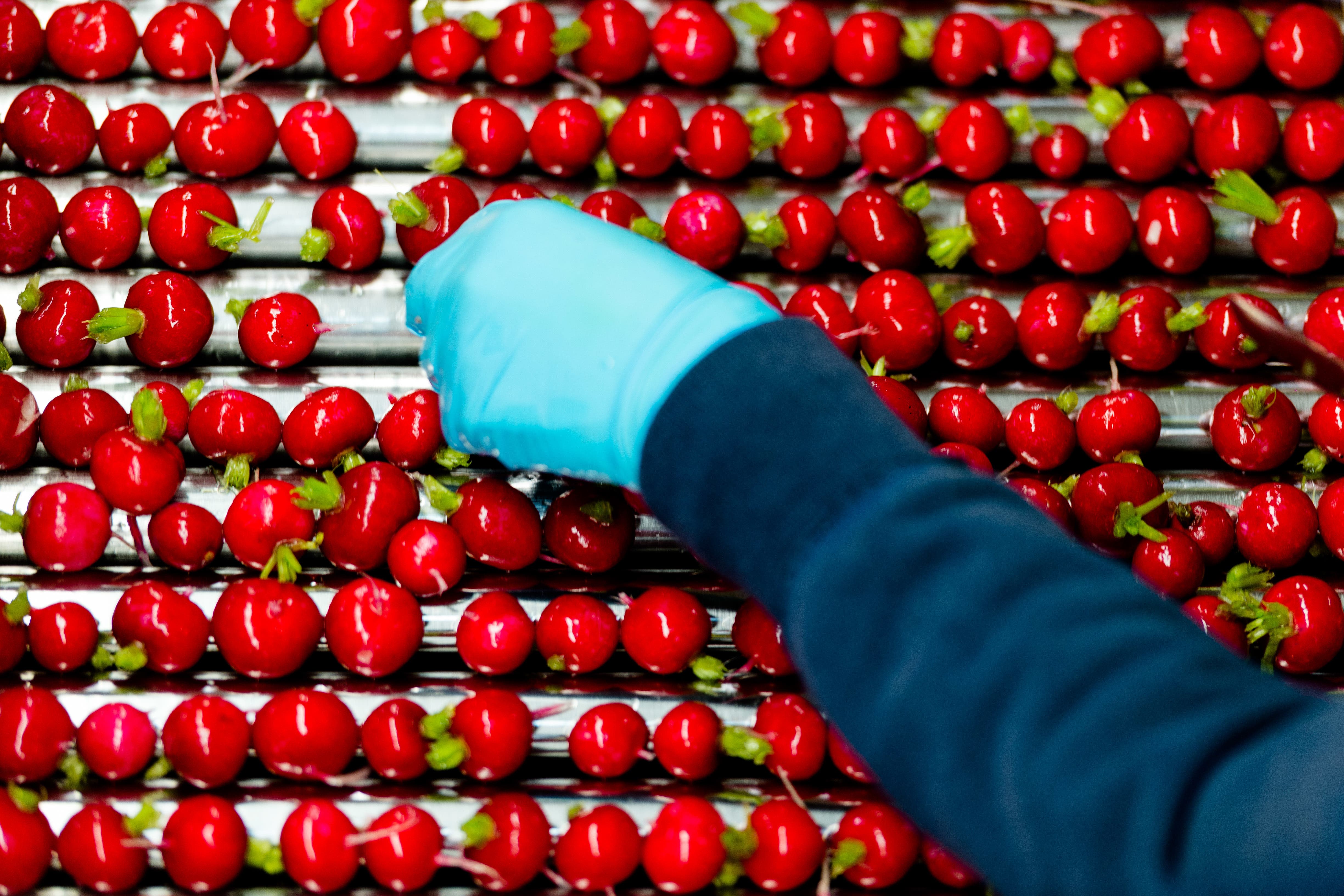Plants’ genetic defences may hold key for crop protection, researchers say
Exploiting plants’ defence mechanisms against pests or diseases could help to remove our reliance on toxic pesticides.

Your support helps us to tell the story
From reproductive rights to climate change to Big Tech, The Independent is on the ground when the story is developing. Whether it's investigating the financials of Elon Musk's pro-Trump PAC or producing our latest documentary, 'The A Word', which shines a light on the American women fighting for reproductive rights, we know how important it is to parse out the facts from the messaging.
At such a critical moment in US history, we need reporters on the ground. Your donation allows us to keep sending journalists to speak to both sides of the story.
The Independent is trusted by Americans across the entire political spectrum. And unlike many other quality news outlets, we choose not to lock Americans out of our reporting and analysis with paywalls. We believe quality journalism should be available to everyone, paid for by those who can afford it.
Your support makes all the difference.Improving the stress memory of crops could make them more resistant to attack and reduce the need for harmful pesticides, a new study suggests.
Plants have defence mechanisms that are triggered when they are attacked by pests or diseases, for example by producing a bad-tasting chemical to deter hungry caterpillars.
Now, scientists from the University of Sheffield have worked out how plants build and store their immune response to such attacks – by encoding a defence response into their DNA.
The effect can last several weeks and strengthens the plant’s defences the next time it is attacked in the same way.
Dr Jurriaan Ton, the senior author of the study, said his findings offer new opportunities to defend crops without resorting to toxic pesticides, which can be disastrous for insects beyond the target species.
The UK Government recently approved the use of a neonicotinoid for use on sugar beet crops, despite this class of chemicals being severely restricted in the EU and UK in 2013 because it is lethal to bees and other important pollinators.
They said there is no other effective alternative to preventing a virus carried by aphids from destroying the crops.
Being that global food security is one of the biggest challenges we will face in the future, it's imperative that we find new ways to ensure the health and growth of the crops we rely on.
Dr Ton said: “We rely on plants to feed the planet, but they are essentially at the bottom of the food chain, they cannot move, so they are incredibly vulnerable to attack from all sides, including insect herbivores and disease-causing pathogens.
“Like animals, however, plants have evolved the ability to acquire immunity after recovery from biotic stress, but they use different mechanisms to do so.”
Plants store their immune responses in junk DNA – so-called because they do not contain instructions to create proteins in the cell.
Dr Ton added: “The findings of the study are not only a huge leap forward in our understanding of how plants remember the stress from previous attacks, but also uncovers a new epigenetic function of a specific family of junk DNA.
“This knowledge could help us to develop new breeding strategies, and select crop varieties for food production that are primed to fight off pests and diseases.”
The study, published in Nature Plants, investigated the long-term effects of the plant stress hormone jasmonic acid on thale cress, a relative to cabbage and mustard scientifically known as Arabidopsis thaliana.
When exposed to caterpillars, the plants that had been treated with jasmonic acid were less damaged than those that went without.
The team discovered that the effects of jasmonic acid lingered for several weeks and were transmitted to newly-developed leaves which helped them resist the caterpillars’ munching.
This acquired immunity is controlled in the plant’s genes. RNA molecules connect with a small protein, AG01. Together, they allow other genes tasked with defending the plant to respond faster and stronger to any attacks.
The researchers hope that this technique can be developed to help protect crops with more complex genomes and are working with an international crop breeding company to investigate its potential.
Dr Samuel Wilkinson, first author of the paper, said: “Being that global food security is one of the biggest challenges we will face in the future, it’s imperative that we find new ways to ensure the health and growth of the crops we rely on.
“This research is the first step in being able to complement and enhance the effectiveness and durability of conventional crop breeding strategies, by selecting plants with enhanced immune readiness as an alternative to relying on harmful pesticides.”